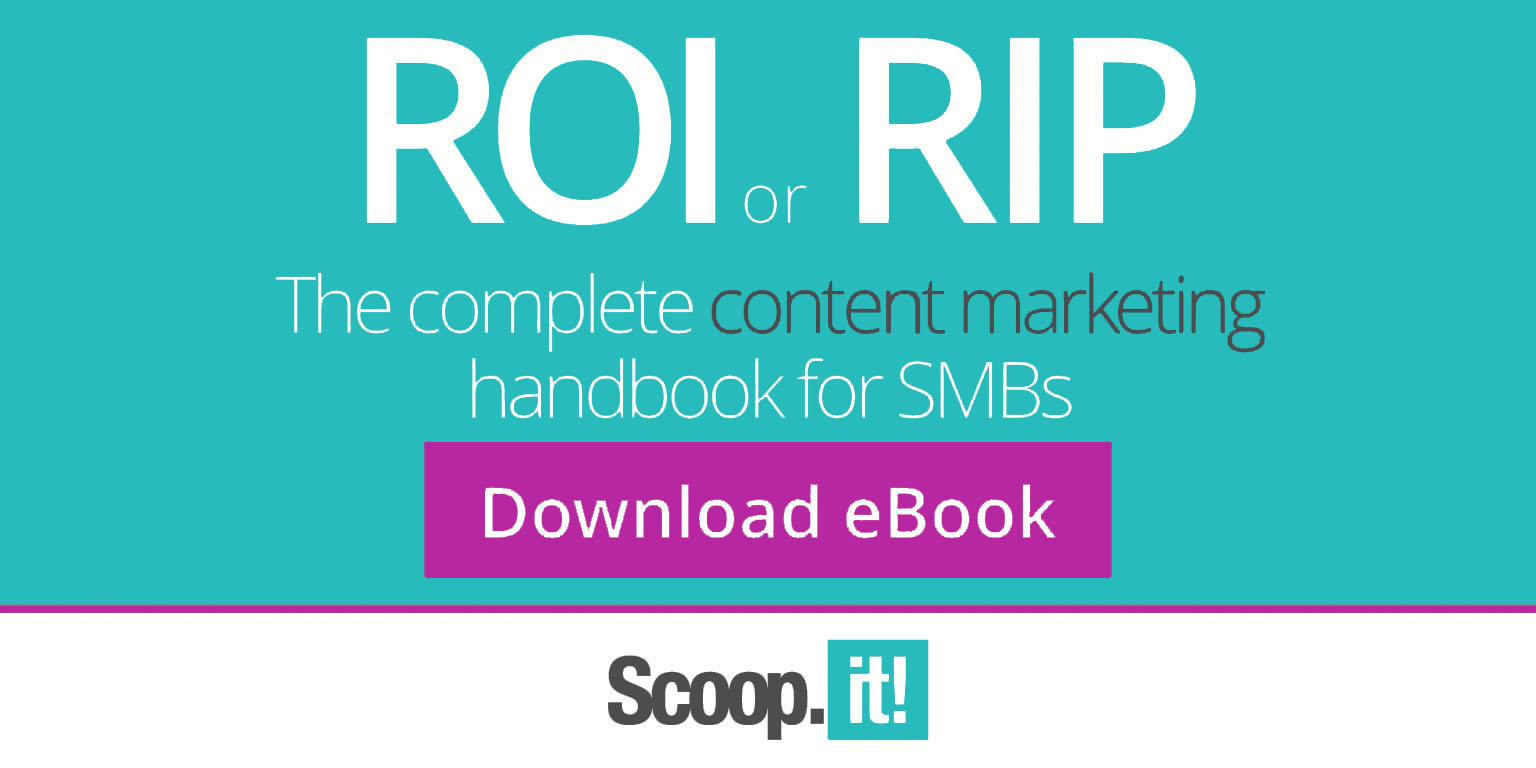
How do content curation tools work?
1. Discover
2. Select & Editorialize
3. Distribute
Scoop.it’s advanced content engine monitors global sources to find and curate relevant third-party content.
With a content curation tool you'll:
- Boost credibility with readers and build brand awareness
- Establish thought leadership and strengthen influencer connections
- Access sources ranging from mainstream media to niche publications















